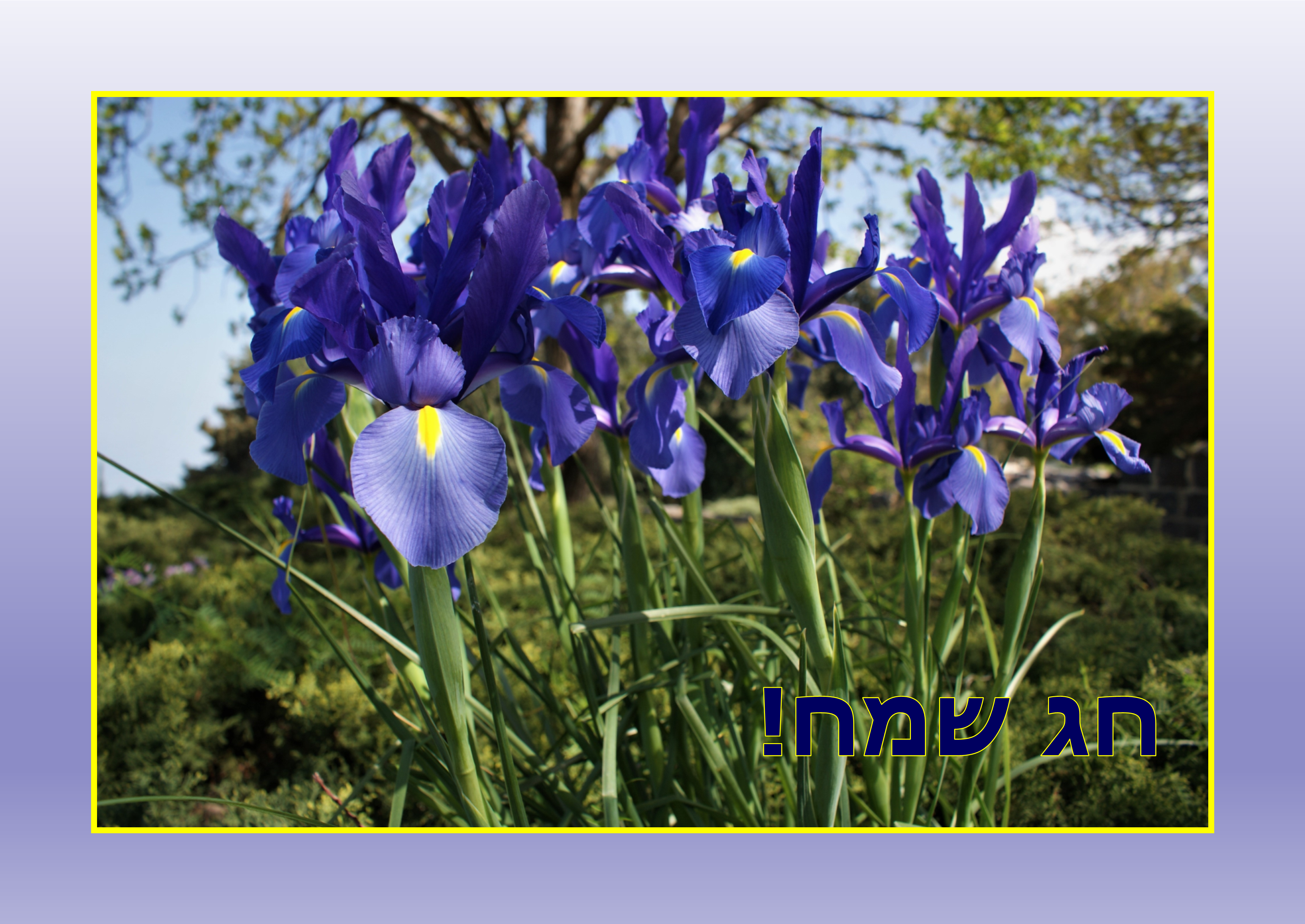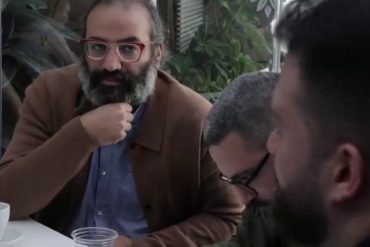1) At the INSS Orna Mizrahi and Yoram Schweitzer discuss ‘Israel, Hezbollah, and the Deterrence Equation following the Beirut Disaster’.
“The series of explosions that shook the Lebanese capital on August 4, 2020 and killed well over a hundred people, injured several thousand, and caused massive physical damage exacerbated Lebanon’s already dire straits. Presumably the disaster will have an impact on Hezbollah domestically, and it least in the short term, affect its struggle with Israel. Indeed, it is likely that the current tension between Hezbollah and Israel will ebb and be postponed to a later date, given the organization’s need to attend to internal developments in Lebanon. At the same time, Hezbollah’s determination to maintain the struggle with Israel, though not be dragged into a full-scale military conflict, will continue its drive to dictate the terms of the deterrence equation with Israel. It is expected to continue its military buildup, including its precision weapons, and try to maintain the current deterrence with Israel and expand it to activity by the Shiite axis in Syria.”
2) The ITIC documents ‘Hezbollah’s response to the Beirut disaster’.
“Following the explosion in Beirut (August 4, 2020), Hezbollah launched a media campaign centered on denying any connection to the explosion. Thus, Hezbollah (unusually) refrained from blaming Israel for the explosion because this might have strengthened the allegation that Hezbollah had chemicals or weapons at the port. Hezbollah has blamed senior figures in Lebanese governments since 2014 for the disaster. Hezbollah has demanded an internal Lebanese investigation, on the assumption that it would have control over the results, and has vehemently opposed an international investigation.”
3) Also at the INSS, Oded Eran looks at the challenges facing Jordan.
“The parliamentary elections that will be held in the Hashemite Kingdom of Jordan on November 10, 2020 will take place in the shadow of three crises – Covid-19, economic distress, and growing civil tension as a result of the government’s actions against the Muslim Brotherhood and the Teachers Association. On the one hand, the King’s decision to hold the elections in accordance with the constitution, despite the social unrest, is admirable. On the other hand, his firm stance toward professional and political organizations has prompted domestic and external criticism.”
4) Lahav Harkov of the Jerusalem Post reports on developments in the eastern Mediterranean.
“Israel voiced its support for Greece in their dispute with Turkey over economic zones in the eastern Mediterranean. […]
The message came as Turkey sent naval ships into the eastern Mediterranean this week, saying they are meant to protect a research mission, surveying the continental shelf. The ships are in Greece’s EEZ.
Turkey claimed control of the area under the terms of an agreement it signed with Libya in November 2019, dividing large swaths of the eastern Mediterranean Sea between them, creating friction between Ankara and Athens. Last week, Greece and Egypt signed their own agreement, delineating their EEZs in the eastern Mediterranean, to Turkey’s consternation.”
Related Articles:
BBC NEWS AVOIDS THE TERM ‘OCCUPATION’ IN CYPRUS GAS REPORT



